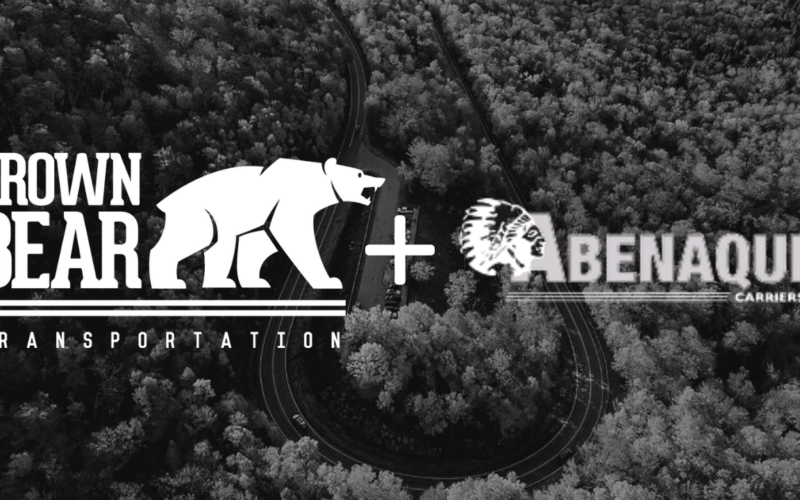Roberts Energy and Brown Bear Transportation are excited to announce the acquisition of New Hampshire-based transportation company, Abenaqui Carriers.
Roberts is one of the largest direct fuel suppliers and petroleum common carriers in the Northeast, with the company’s transport division, Brown Bear, being the fastest-growing petroleum hauler in the area. This acquisition further expands their reach, allowing both companies access to resources that will better serve existing and future customers.
Abenaqui Carriers has 100 employees and has served the northeast region since 1973. They are a family-run company with a loyal base as well as a dedication to quality and service that mirrors the ideals of Roberts Energy. The Roberts acquisition aims to be as seamless as possible, keeping the trusted Abenaqui Carriers name and continuing business with existing processes in place. There will be no layoffs and the original team is staying aboard.
“Our goal is to provide Abenaqui customers with the latest conveniences and technology while maintaining the personal relationships and high level of service.” says Roberts Energy President Frank Roberts. “We look forward to incorporating the specialized carrier services Abenaqui has to offer into our other markets across New England.”
Tenney Group, an industry specialized M&A advisory firm, advised Abenaqui Carriers. Tenney Group CEO, Spencer Tenney, shared, “This is a win for all parties and a great example of how family-owned carriers can both exit and protect their company legacy and employees.”
What were the sellers’ motivations in deciding to pursue an exit?
The seller had run a very successful business for several years, and despite that, he had additional interests and business holdings outside of the trucking company he was looking to dive into further. In order to further pursue those other interests, the seller knew that he needed to find a partner that would continue the great service of the business and maintain a wonderful home for his employees.
What challenges were unique to the sellers as they entered the marketplace?
The petroleum market in the Northeast is one that few do well in – the weather, metropolitan complexities and other variables make it very hard for someone who doesn’t have expertise there currently, to enter and subsequently succeed. Given that, the buyer pool was very limited in terms of parties that would likely have an enhanced interest.
How did Tenney Group maneuver around the challenges?
Knowing the buyer list was short, Tenney Group turned to its proprietary industry data to uncover the most likely buyers given the constraints that were in play. Further, Tenney Group leveraged many of its industry peer relationships, including transportation-focused accountants, lawyers and insurance brokers, to assist Tenney in connecting with their clients who would likely have a strategic motivation in pursuing a deal such as this.
Key Takeaways for Other Business Owners:
Despite the niche service offering and geographical location of the seller, the seller was able to appeal to buyers in the area due to the strong relationships they maintained with their customers and the culture they had built internally. The seller had instituted the corporate management tool “EOS,” and had been strategic in building an organization where each individual knew his/her duties and responsibilities, ultimately allowing the seller to step away without any disruption to the operations. Furthermore, the company was a part of a best practice group through an industry association and was able to continually implement changes to the business that would not only improve the ongoing operations, but set the business up for success down the road. All of the previous aforementioned items drastically helped the business be positioned for short/long-term success.













